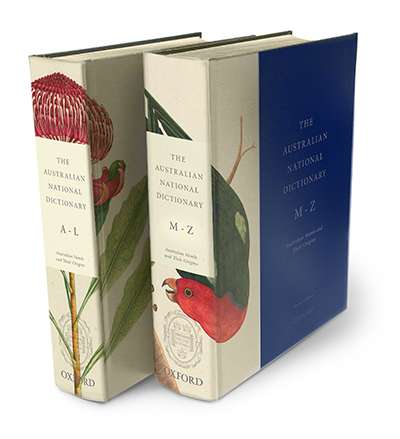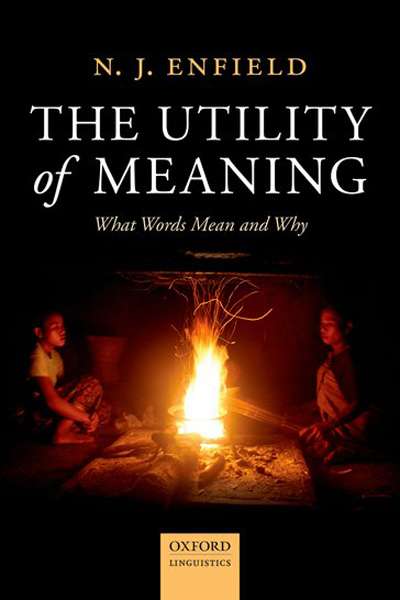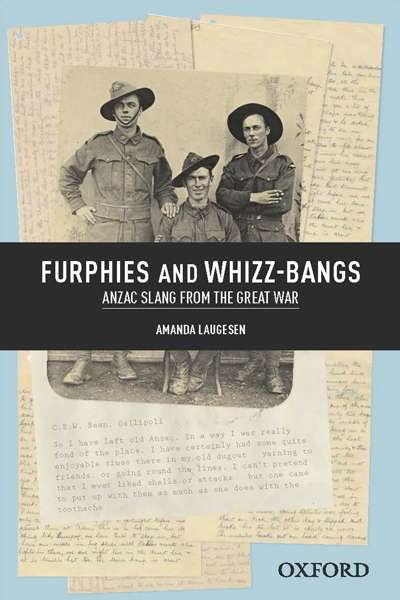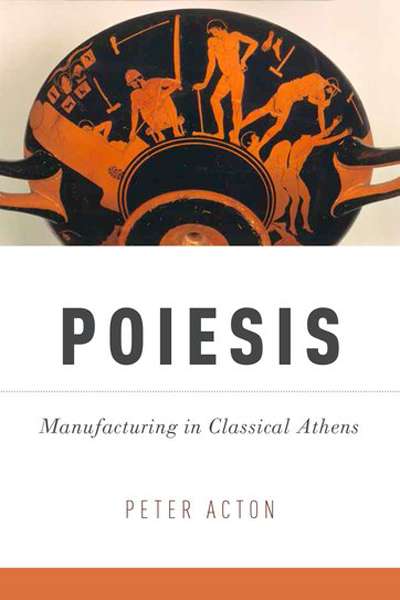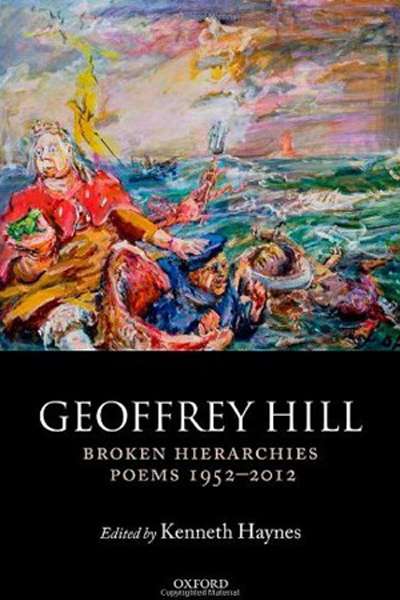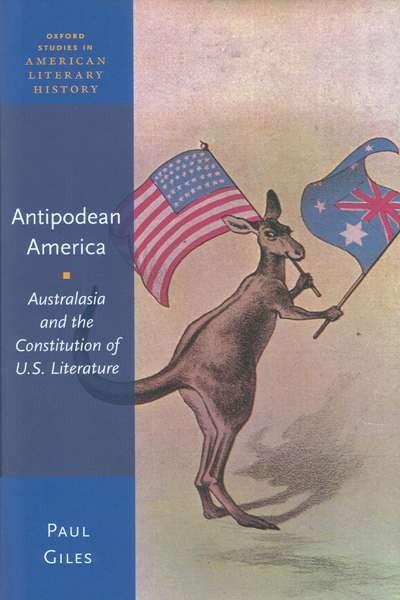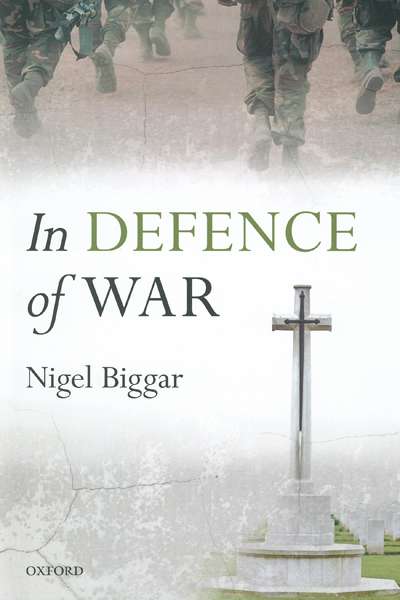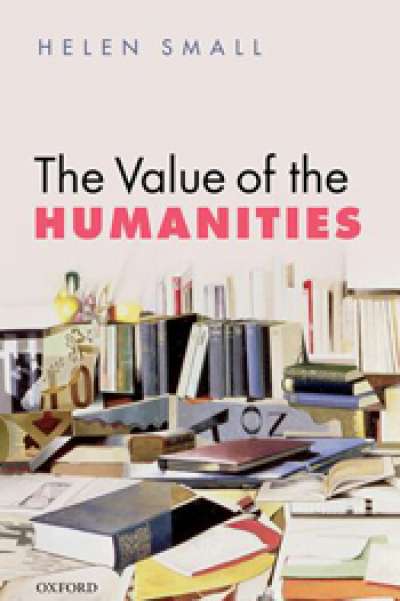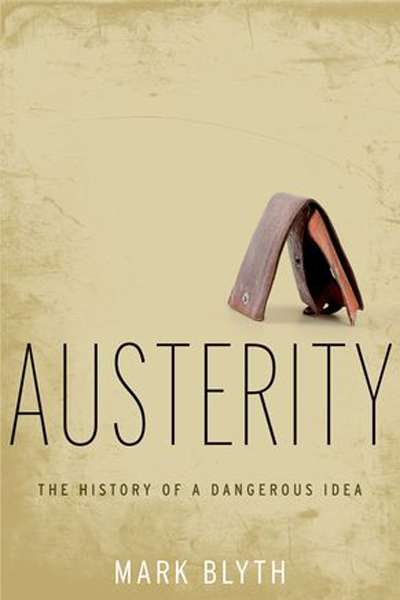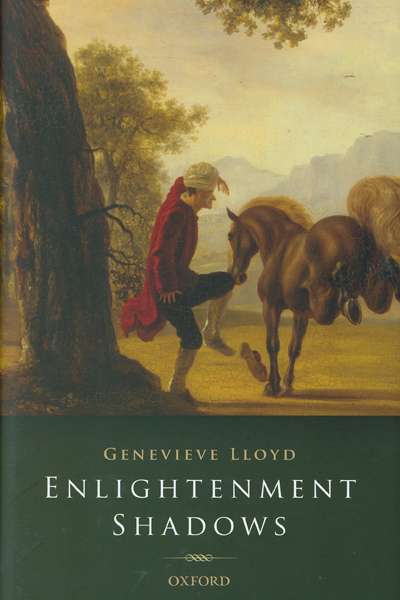Paul Giles has done important work reimagining North American literary history as allied rather than isolationist – revisioning American literature not as the definition of landlocked nation or exceptional homeland but as the product of transatlantic and continental traverses of forms and voices. In three books, Transatlantic Insurrections (2001), Atlantic Republic (2006), and The Global Remapping of American Literature (2011), he has uncovered the lines of influence and adaptation between North American, British, and European literary cultures. As a geographical materialist, he focuses on individual authors, overlaid with their spatial and historical environments from the colonialist, to the revolutionary, to the postmodern. But he is not an Archimedean, seeking a still perspective from somewhere above or beyond. Rather, his outlook is shaped by cartographical models of the globe with their surface mosaics of national territories and periods. Whether geographical, historical, or literary, the world is always remappable. His impulse is a deterritorialising one, looking out from within the literary work, that imaginary space from which selves, borders, hemispheres, the nation, the world can be reperceived and co-ordinates reversed or rotated.
...
(read more)

